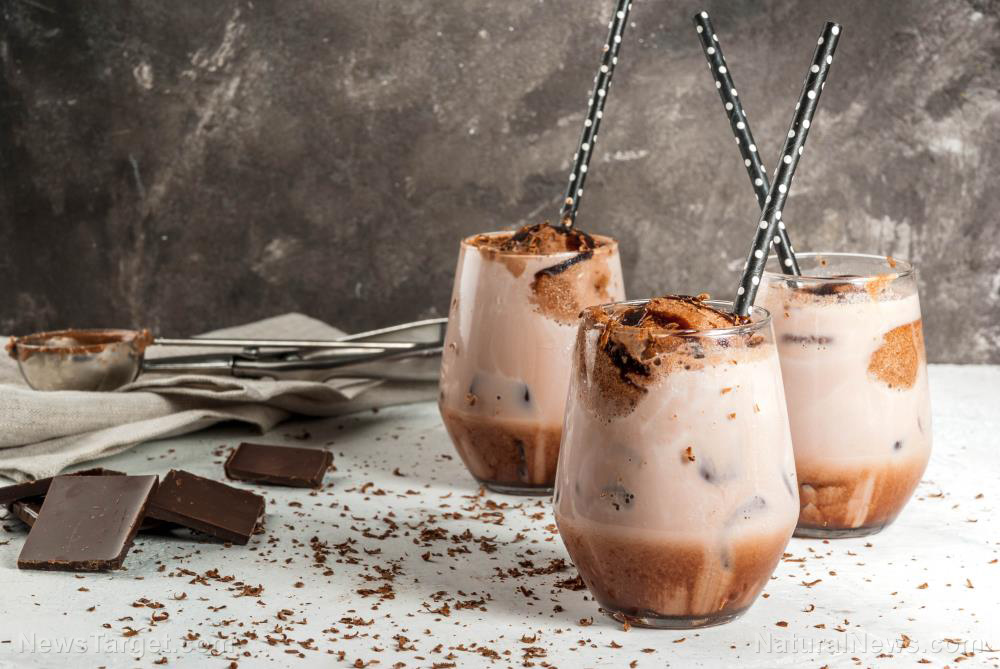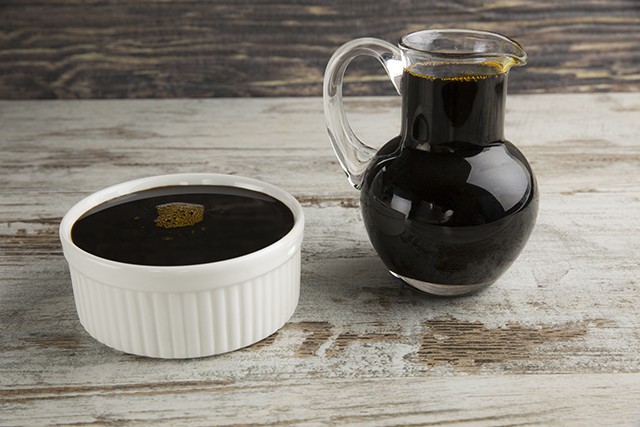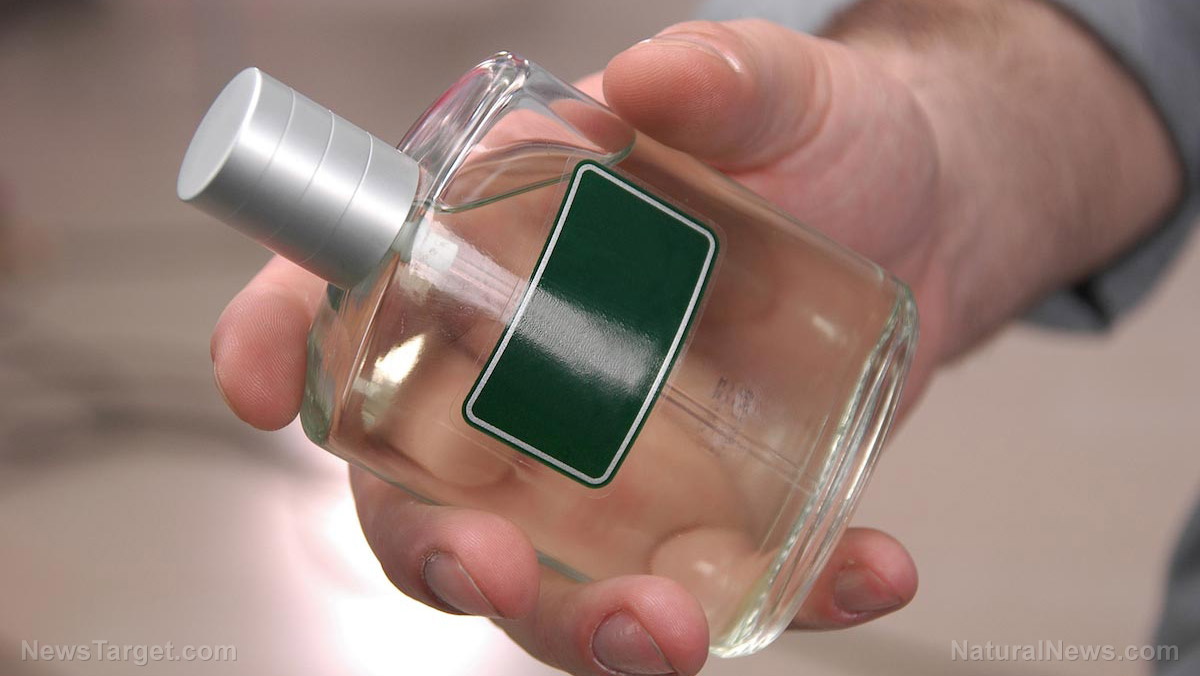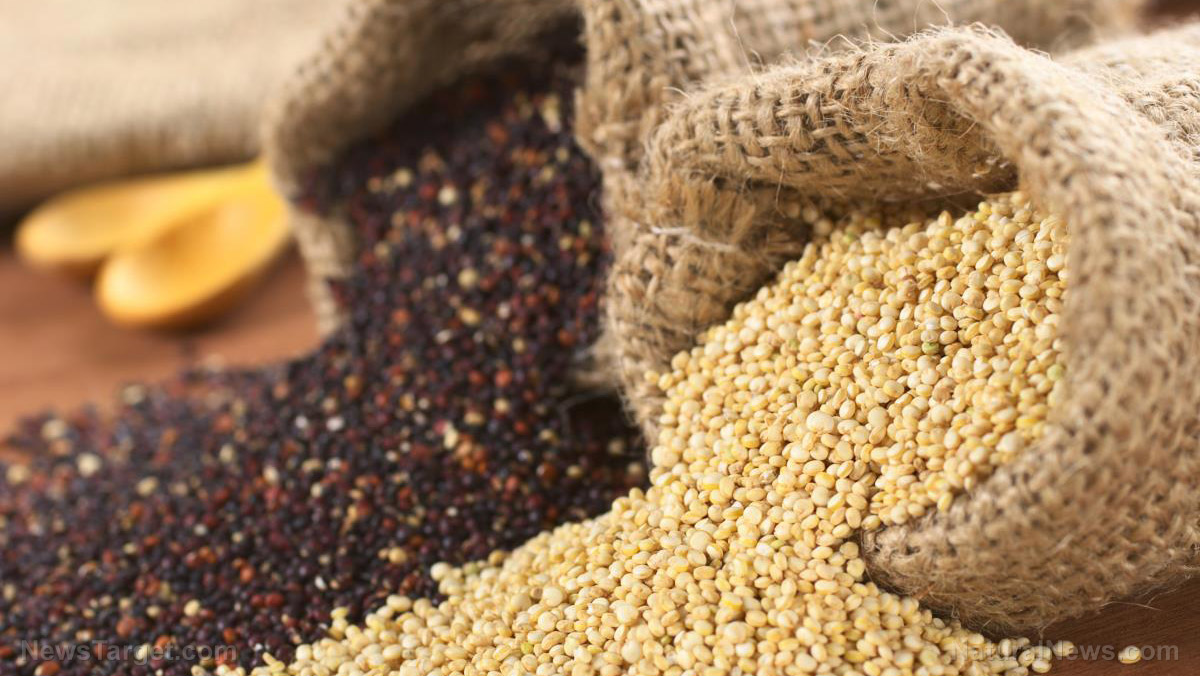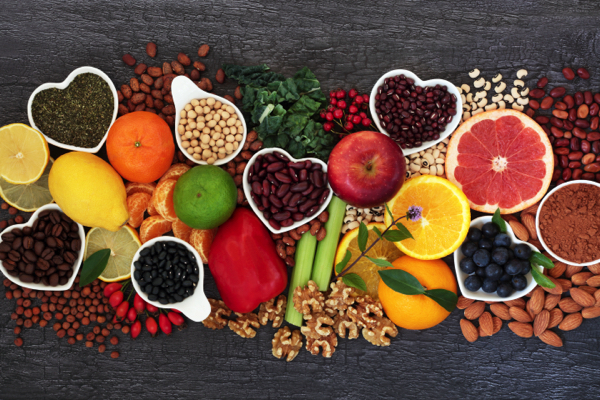FDA announces product recall for COFFEE PODS over toxic ink potentially leaching into hot brews
07/30/2025 / By Olivia Cook

- The FDA issued a Class III recall for New Mexico Piñon Coffee’s pods due to food-safe ink leaching into brewed coffee. This follows prior coffee recalls, including mislabeled decaf grounds and Snapchill’s canned coffee over Clostridium botulinum risks.
- Coffee pods expose drinkers to microplastics, bisphenols (e.g., BPA/BPS), phthalates and adhesives during high-temperature brewing. Even “BPA-free” plastics may degrade under heat, releasing endocrine-disrupting compounds with unknown long-term effects.
- Endocrine-disrupting chemicals in pods are linked to cancers, infertility, thyroid dysfunction and developmental delays. These chemicals accumulate in the body over time and are found in blood, breast milk and everyday products like receipts.
- Billions of non-recyclable pods (e.g., K-cups) end up in landfills yearly due to mixed materials and ink contamination. Plant-based or “eco-pods” may still contain problematic coatings that leach under heat.
- Safer alternatives include avoiding plastic pods and using French presses, pour-overs or stainless-steel/glass brewers; choose refillable pods; reading labels to verify materials; and transferring coffee in ceramic or glass containers before reheating.
The Food and Drug Administration (FDA) has issued a recall notice for coffee pods over toxic ink potentially leaking into hot brews.
The regulator issued a Class III recall, the lowest risk in its three-tier warning system, for New Mexico Piñon Coffee’s Dark Piñon Single Serve 10-count pods last month. According to the June 20 recall notice, testing revealed that food-safe ink used on the pod lids could leach into the beverage during brewing.
The coffee pod recall follows earlier announcements regarding recalls of the brew. In March of this year, Massimo Zanetti Beverage USA issued a voluntary recall for 692 cases of ground coffee in 15 states. The recall followed a mislabeling issue where the ground coffee was said to be decaffeinated, but wasn’t so in reality.
In August 2024, Wisconsin-based coffee manufacturer Snapchill recalled all of its canned coffee products over the potential presence of the pathogen Clostridium botulinum. Almost 300 canned coffee products from 147 brands, with sizes ranging from seven- to 12-ounce cans, were affected by the recall.
What’s actually in a coffee pod?
While the immediate concern focused on labeling and ink breakdown, toxicology experts say the issue runs much deeper. It is not just about ink – it’s about the entire packaging system. From the plastic shells and aluminum linings to adhesives and coatings, single-serve coffee pods may be exposing consumers to a cocktail of microplastics, bisphenols and other endocrine-disrupting chemicals each time they press “brew.”
While the contaminated batches were pulled from shelves, the spotlight they cast on pod safety and packaging materials has triggered a broader public health conversation – one that could reshape how we think about coffee, convenience and chronic chemical exposure.
Most single-serve coffee pods, including the ubiquitous K-cups, are made of a layered combination of polypropylene plastic (#5), aluminum, adhesives and ink-coated foil lids. When hot water is forced through these pods at high pressure (typically 190 to 200 F), it doesn’t just extract the flavor of the coffee – it extracts chemicals, too.
According to studies and toxicologists, high temperatures and acidity can cause plastic polymers to degrade, releasing microplastics, bisphenols (like BPA and BPS), phthalates and ink-derived toxins into a cup. (Related: Phthalates and bisphenols now “widespread” in common food items, silently driving the chronic disease epidemic.)
Even so-called “BPA-free” plastics can break down into endocrine-disrupting compounds when exposed to high heat. Toxicology experts note that there is currently no defined safe threshold for microplastic ingestion, and while research into long-term effects is ongoing, early findings are cause for concern. The cumulative nature of these exposures, especially through daily habits like coffee consumption, makes them particularly difficult to dismiss.
Ink breakdown: The invisible threat
The European Printing Ink Association (EuPIA) has cautioned that inks and coatings on food packaging can degrade when exposed to high temperatures, forming new, sometimes carcinogenic, compounds. These reactions aren’t just theoretical. They’ve been found to increase when packaging is reheated or subjected to pressure.
Coffee pod lids, usually laminated with “food-safe” ink, are particularly vulnerable. When exposed to hot water and steam inside a brewing machine, these inks can migrate into the beverage, especially if the seal isn’t perfectly intact. Chemical migration of this kind is hard to detect but may introduce hormone-disrupting substances, such as bisphenols, into an otherwise harmless coffee.
Bisphenols belong to the bigger group of endocrine-disrupting chemicals that interfere with the body’s hormone system. Even low-dose, long-term exposure, like sipping coffee from heated plastic pods daily, can contribute to:
- Breast, ovarian and prostate cancers
- Neurological and developmental delays in children
- Reproductive disorders and infertility
- Thyroid and metabolic dysfunction
EDCs are known to accumulate in fat tissue and don’t simply flush out after a detox or juice cleanse. Instead, they build up gradually with repeated exposure. Studies have now detected these chemicals in human blood, placentas and even breast milk.
What’s more concerning, researchers say, is how routine these exposures have become. EDCs are found not just in food packaging, but in personal care products and household dust.
Even everyday receipts made out of thermal paper aren’t exempt. These are commonly coated with bisphenol A (BPA) or bisphenol S (BPS).
The environmental fallout: Billions of pods, centuries of waste
Aside from the health risks, single-serve pods are a nightmare for the environment. Over 9 billion K-cups were tossed into landfills in 2014 alone – a number that has only grown.
These coffee pods are rarely recycled. The mix of materials – plastic, aluminum, ink, etc. – makes them difficult to break down. Even plant-based “eco-pods” often contain chemical treatments or coatings that aren’t well-studied and may leach substances under heat.
And recycling them? Not so simple. According to EuPIA, heat exposure during recycling can cause ink to degrade, discolor or contaminate the recycled plastic stream, making even best-case solutions problematic.
Here’s what experts recommend for a safer, cleaner and more sustainable caffeine fix:
- Use a French press or pour-over brewer. These methods avoid plastic entirely and preserve coffee’s natural oils and antioxidants.
- Opt for stainless steel or glass espresso makers. No plastic. No inks. No leaching.
- Try refillable pods. Brands now make stainless steel or biodegradable pods that can be filled with other kinds grounds – convenience without the chemicals.
- Read labels and ask questions. Assume that a coffee pod is not safe under heat if it doesn’t say what kind of plastic, ink or sealant it uses.
- Don’t reheat or microwave in plastic containers. High heat equals higher chemical migration. Always transfer to ceramic or glass containers.
Head over to Chemicals.news for more similar stories.
Watch this video that explains whether coffee pods are healthy or not.
This video is from the Daily Videos channel on Brighteon.com.
More related stories:
FDA rejects petitions to BAN hormone-disrupting phthalates in food packaging.
For coffee-loving preppers: 2 Ways to make coffee without electricity.
What’s the best and healthiest way to brew coffee? Experts weigh in.
Sources include:
EuPIA.org [PDF]
Submit a correction >>
Tagged Under:
big government, chemicals, clean food watch, coffee pods, Endocrine disruptors, endocrine-disrupting chemicals, Food and Drug Administration, food-grade ink, K-cups, plastic recycling, poison, Product recall, products, recall notice, stop eating poison, toxins
This article may contain statements that reflect the opinion of the author
RECENT NEWS & ARTICLES
COPYRIGHT © 2017 INGREDIENTS NEWS








